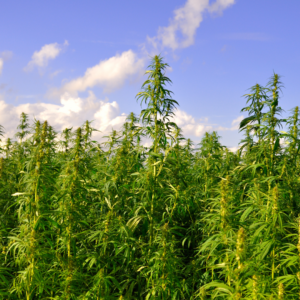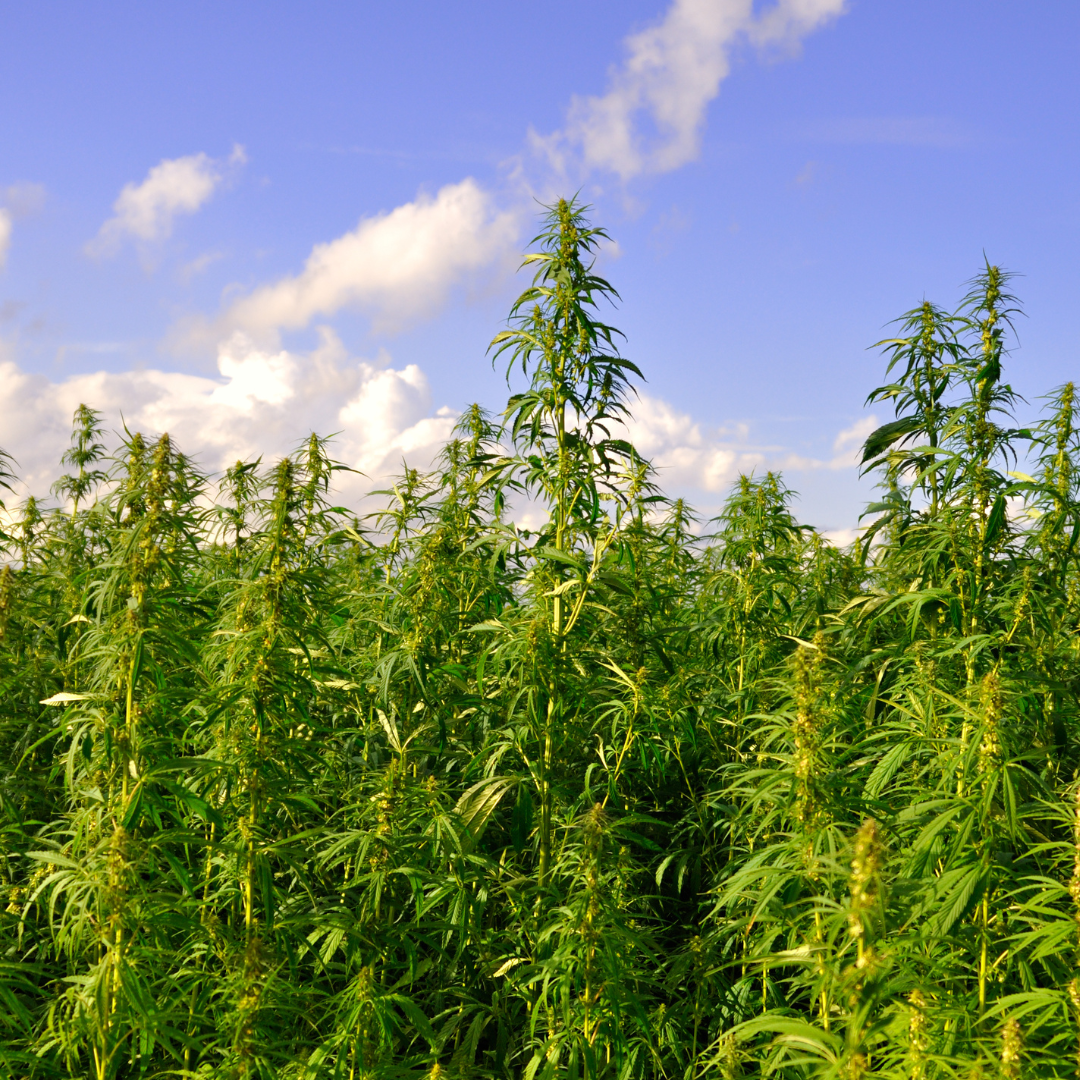Did you know that hemp crops grown by a Massachusetts (MA) Licensed Producer are now eligible for post-harvest testing when a hemp sample has a THC level above 0.3% THC regulatory testing?
This blog will cover post-harvest testing, remediation of crops (approved methods), record keeping, retesting, and the USDA final hemp production rule / MA State Plan. Check out our dedicated Massachusetts Cannabis Licensing and Business Solutions page for more information.

- Post Harvest Testing
On the off chance that the example results show THC levels surpass satisfactory THC levels for a yield, up to 2 extra adjustments of inspecting might be directed by the Department upon demand. Post-harvest examples might be taken from flawless botanical material or remediated material. A yield may not be tried multiple extra times after the underlying test.
- At the point when a crop is qualified for Post-Harvest Testing
A yield is just qualified for Post-Harvest Testing if it has been reaped in 30 days or less. All parcels of crops should stay independent and marked. Consolidated or plain parcels are not qualified for post-harvest testing. Any solicitation for Post-Harvest Testing should be made to the Department within 10 days of getting results and finished in 30 days or less. The Licensee will be answerable for the expenses brought about by any extra administrative (regulatory) testing.
- Remediation
Remediation is the interaction by which a Licensee might endeavor to change a resistant yield into a grumbling crop. As permitted by USDA’s Final Hemp Production Rule and the MA State Plan. The course of remediation should keep all rules given here, and can be accomplished by one of two strategies:
(1) Separating and obliterating all botanical material/blossoms while holding stalks, leaves, and seeds;
(2) Shredding the whole hemp plant to make a homogenous “biomass”
Any Remediated hemp, including destroyed biomass material, held stalk, stems, or leaf material should be re-tested for consistency by the Department. Harvests may NOT be shipped off-site for remediation. Any harvest that has been tried with THC levels above 0.3% isn’t viewed as Hemp and may not be shipped or moved off-site under any condition.
4. At the point when you might Remediate a Crop
A yield that has been examined with THC levels above 0.3% and gathered inside the permissible 30 days is qualified for remediation at the authorized licensed property where production happened.
- Telling the Department
After getting notice that a yield has achieved over the satisfactory hemp THC level, the Licensee ought to inform MDAR of the choice to either re-test the harvest without remediation, re-test the harvest after remediation, or obliterate the harvest in 10 days or less. The Licensee will likewise have to inform the MDAR of the technique by which the harvest will be either remediated or annihilated.
MDAR should be informed of the expectation to re-test, remediate and afterward re-test, or discard the rebellious yield utilizing the structure provided. Crops that are remediated without earlier endorsement are not qualified for additional testing and should be annihilated. MDAR likewise maintains all authority to prevent a Licensee the choice from getting remediation.
- Supported (Approved) Remediation Methods
Yields may NOT be moved off-site for remediation. Any yield that has been previously tested with THC levels above 0.3% isn’t viewed as Hemp under state or government regulation and may not be shipped or moved off-site under any condition. Any harvest that has been moved off-site for remediation won’t be qualified for off-site testing and will be dependent upon a destruction order.
Non-compliant harvests might be remediated utilizing one of the accompanying strategies:
(a) Separating and obliterating non-compliant botanical material, while holding stalks, leaves, and seeds. Seeds that are held during remediation may NOT be utilized for proliferation. The blossoms, including buds, trichomes, “trim,” and “kief” ought to be taken out from the harvest and obliterated. Techniques that might incorporate, however, are not restricted to, expulsion the hard way or mechanical evacuation. Obliteration of flower material should be seen by an assessor. If this is the remediation technique you pick, a monitor will plan a period with you to observe the obliteration and yet again trial of held material. Supported techniques for the obliteration of botanical material incorporate furrowing under, mulching/fertilizing the soil, disking, hedge cutting, profound internment, and burning of the crops.
(b) Shredding the whole hemp plant to make “biomass.” All blossoms, buds, trichomes, leaves, stalks, seeds, and all plant parts from a ton ought to be cleaved or destroyed, to make a homogenous, uniform mix of the parcel called “biomass.” Methods might incorporate, yet are not restricted to, the destroying of hemp plants through shredders, shredders, composters, or specialty mechanical equipment. Parcels should be kept discrete and not consolidated as crops during this cycle. Consolidated parcels are not qualified for additional testing and will be dependent upon a destruction order.
- Re-testing for Remediated Crops
All remediated crops, paying little mind to the remediation strategy utilized, should be re-tested by MDAR to guarantee the hemp material tests inside adequate THC levels. Once remediated, if the yield tests over the specified THC limits on your subsequent test, you might pick one extra yield post-harvest test. If the third test of the harvest shows THC levels in overabundance of 0.3%, the yield is resistant hemp and will be dependent upon an obliteration request.
- Recordkeeping necessities for Remediated Crops
All records concerning remediation and additionally annihilation of all marijuana plants that fail to meet the meaning of hemp will be made accessible for examination. This will be done by State, Tribal, or USDA overseers, reviewers, or their delegates during sensible business hours. Assuming a Crop is remediated or discarded, either willfully or through an enforcement activity, you should keep records that incorporate, at least, dates, strategies utilized, assortments and lot numbers, sums, and experimental outcomes.
How can we help?
At Cannabis License Experts, we provide you with the guidance to plan your cannabis and/or industrial hemp business, secure funding, navigate the legal requirements, and acquire the appropriate license for your operations. As the United State and Massachusetts cannabis industry specifically develops, more and more licensed producers will be needed to meet the demands of consumers.
Cannabis License Experts offer support from day one of starting your cannabis business, including strategic planning, floor plan preparation, site audits, Standard Operating Procedures (SOPs), Preventive Control Plans (PCPs), and more.
Our Edibles Compliance division can provide you with a solid plan for your edibles business to help get your products on store shelves.


